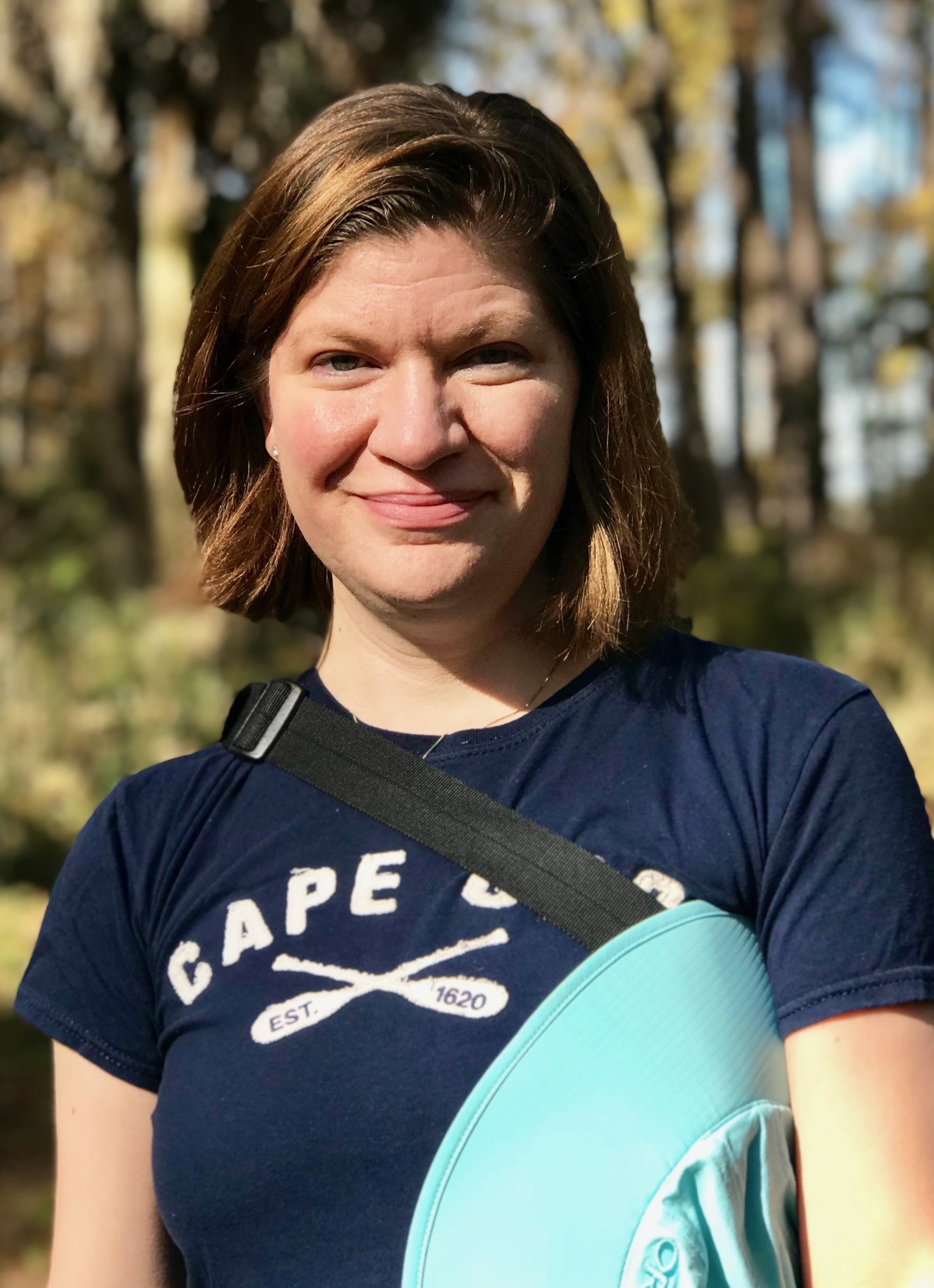Please enjoy a d’var Torah this week by Rosh Hinuch 2018 Rabbi Rebecca Ben-Gideon. Rabbi Ben-Gideon serves as a campus rabbi at the American Hebrew Academy, where she teaches and enhances the school’s Jewish life. She is also Rabbi-in-Residence at B’nai Shalom Day School. She is s a former Head of School, educator and camp advisor who has served on the faculty of George Mason University, The Florence Melton Adult Education Program, The Jewish Youth Philanthropy Institute, and The Solomon Schechter High School of New York. She earned her undergraduate degree, magna cum laude at Harvard University and Rabbinic Ordination at The Jewish Theological Seminary. Though she has worked in many different settings, Rabbi Ben-Gideon’s goal is always the same – to connect with learners and to expand their understanding of how Jewish living and learning can help us to lead meaningful lives.
How do you feel the night before you send your kids off to camp? You may have general nervousness or some very specific worries. Will your child’s package of dental floss come home unopened? Will they remember to reapply sunscreen after the lake? What challenges will provoke growth? Which madrichim (counselors) will help them feel loved and inspired?
We are blessed each June with the knowledge that camp’s amazing tzevet (staff) will be there to guide and care for our children as they go forth to Ramah Circle in the holy city of Conover, Wisconsin.
In this week’s parashah, though, Moses seems also to have the jitters about sending his own flock into a place where he won’t be with them. When they enter the Land, the Israelites will have an experience that Moses will not get to share. He will not be there to tell them what to do when they face challenges. He fears that they will not always make good choices.
Moses copes with this exciting, emotionally fraught moment by imparting as much wisdom as he can to the people. In fact, he spends the entire book of Deuteronomy attempting to motivate the Israelites to walk in God’s ways, even when he is not there to remind them why and how to do so.
In a particularly beautiful passage, Moses describes the Torah as something that each of them will be able to follow and access personally. The Torah, he says, “is not in the heavens, that you should say, ‘Who among us can go up to the heavens and get it for us and impart it to us, that we may observe it?’ Neither is it across the sea, that you should say, ‘Who among us can go across to the other side of the sea and get it for us and impart it to us, that we may observe it?’ No, the thing is very close to you, in your mouth and in your heart, to observe it.” (Deuteronomy 30:12-14)
The man who went up a mountain to get the Torah now explains that this sort of exertion and mediation is no longer necessary. The Torah is not located in the sky or across the sea. No longer do the people need him to go get the Torah for them. The Torah now resides “very close” by—in fact inside each person, in their hearts and mouths.
The rabbis of the Talmud pick up on this theme and take it even farther. Rabbi Yehoshua teaches that the Torah “is not in heaven,” and therefore, it is up to us to decide what Torah means and how to live our lives in accordance with it. We must stop looking for heavenly voices or signs from God to tell us how to live. In fact, God must take a step back in order to make room for her children to seek the meaning of Torah on their own. (Babylonian Talmud, Tractate Bava Metzi’a 59a)
Camp is a place where our children try new leadership roles, where they are immersed in a community that is built with great intention, with Torah at its center. We parents bravely send our campers off so that they can fully experience this world. We take a step back to make room for our children to build their own independent relationships with Torah and with Jewish tradition.






